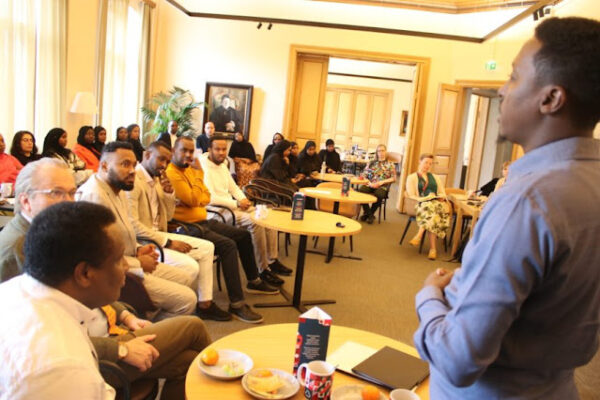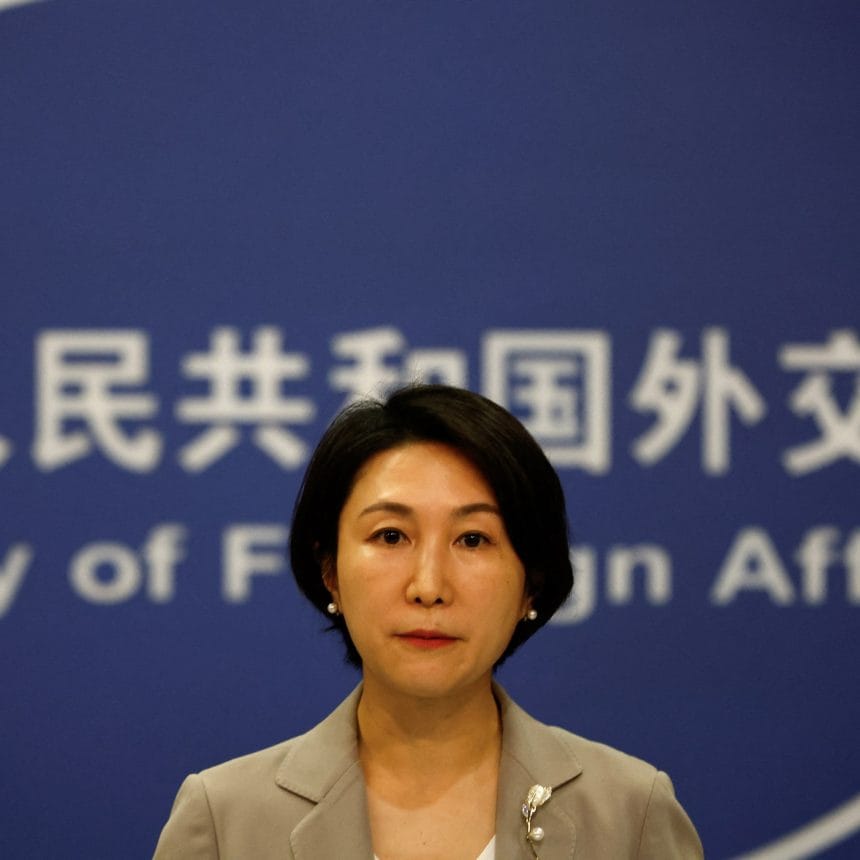
East African Diaspora Youth for Peace Network Launched in Finland to Foster Peace
Minister Mohamed Barre Mohamud stressed the high unemployment rates and the resulting despair among young people in the Horn of Africa. He noted that youth under 25 make up 60% of Africa’s population, yet their potential contributions to development and peace are often overlooked. “As the Minister of Youth, I am committed to achieving positive changes by promoting policies and advocating for their rights,” said Minister Mohamud. “Through initiatives like Youth Skills for Peace and Somalia’s Youth Policy 2023-2030, we are laying the foundation for youth to actively participate in processes aimed at creating peace and security in Somalia. I am proud to announce that the Somali Ministry of Youth and Sports has prioritized youth, peace, and security by making it the fourth pillar of our national policy.” The establishment of the network also drew insights from Suldaan Said Ahmed, the Special Representative of the Finnish Foreign Minister for the Horn of Africa. Ahmed shared his experiences from recent official peace missions to the region, highlighting hopeful developments that require youth involvement to ensure long-term stability. Suldaan Said Ahmed, Special envoy of the Finnish Foreign Minister for the Horn of Africa Laura Järvilehto, communications specialist for the international operations of the Helsinki Deaconess Foundation, presented the Foundation’s peace work at the event. This includes creating employment opportunities for young people, which is integral to peace-building efforts. Laura Järvilehto, the communications specialist for the international operations of the Helsinki Deaconess Foundation Järvilehto announced that Suldaan Said Ahmed will coordinate the East African Youth Peace Network on behalf of the Deaconess Foundation, which will also oversee the network administratively. “The network’s goals and methods of operation will be planned in subsequent meetings,” Järvilehto added. The importance of youth in peacebuilding cannot be overstated. In post-conflict countries, youth are often the most affected by violence and instability. However, the lack of support and opportunities can severely undermine their potential to contribute positively to peace processes. In Somalia, for instance, the absence of adequate support structures has hindered the effective participation of young people in peacebuilding, despite their significant potential to drive change. Members of the new East African Youth Peace Network expressed their commitment and the profound personal significance of their involvement. Participants of East Africa Youth Peace Network Launching in The Deaconess Foundations, Finland “We have grown up in a safe country (Finland), so it is time to bring peace to our homeland, from which we or our parents moved away due to insecurity,” said Jamila Mohamud, a member of the network. “The youth peace network is expected to inspire many young people who are interested in peace work both internationally and here in Finland.” Bilal Mohammed Hussein, another member, emphasized the crucial role of youth in these initiatives. “Youth are the future, and their opinions must be heard in peace processes,” he said. “The first impression I have gotten from this network is that I really have the opportunity to be involved in planning and then implementing peace-related activities.” Media as a tool to boost for peace work- Traditional and social media can influence and engage young people in the region, as research has shown that media affects people’s thoughts, feelings, and behavour. Thus, members of the youth peace network can act as good examples to other young people on social media by presenting content that promotes peace and creates hope. The launch of the East African Diaspora Youth for Peace Network in Finland marks a hopeful beginning for increased youth involvement in peace-building in East Africa. It serves as a reminder of the vital contributions young people can make to achieving lasting peace and security, if they are given the necessary support and opportunities. Source: SSMV




